These days, it seems as if the dawn of every new day is accompanied by the advent of a new technology. It’s not just you; the numbers back this up. In fact, it has been estimated that India will see a 31-fold growth of Internet of Things (IoT) technologies by the year 2020. And though that is an exciting prospect, it also poses a whole new set of challenges relating to digital equality, digital literacy and data security. While there’s no single solution to all these woes, one practice can set us on the right path – standardisation. 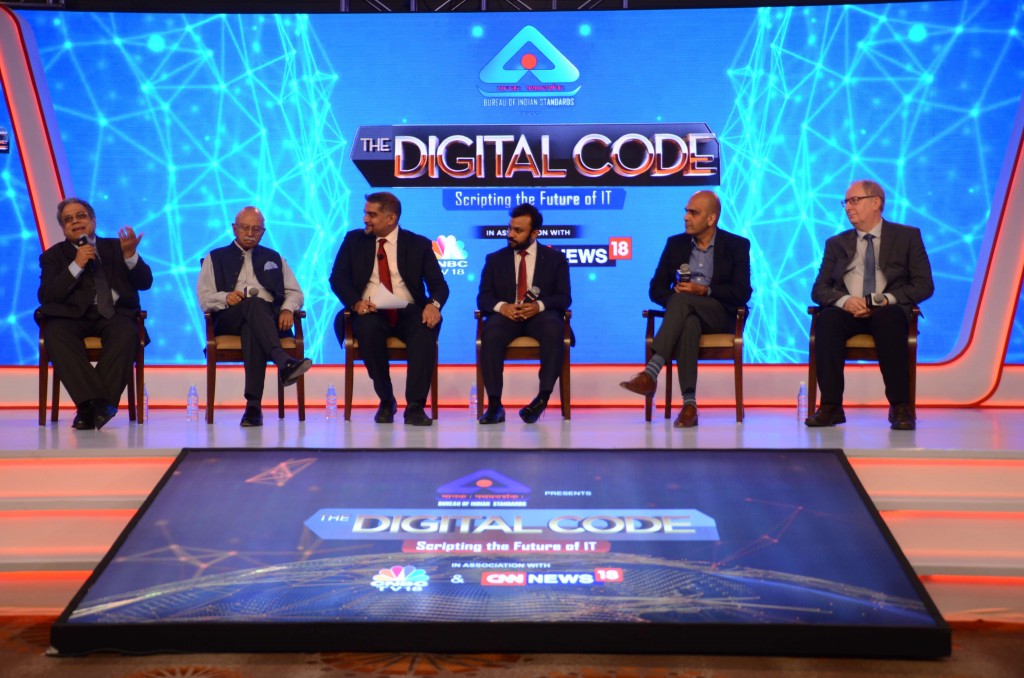 This topic was at the heart of the discourse at ‘The Digital Code – Scripting the Future of IT’, an evening of discussion, debate and deliberation about what lies ahead for technology. Policymakers, business owners, IT professionals and delegates from around the world presented various perspectives on how digitisation can become truly inclusive, cost-effective, scalable, interoperable and innovative. 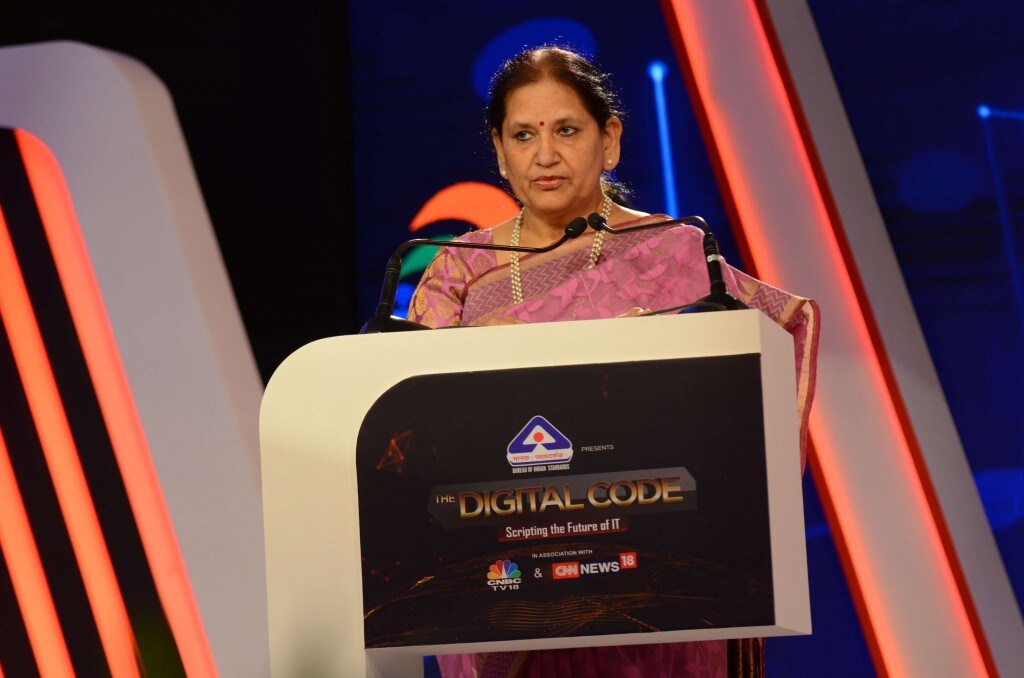 In her rousing opening remarks, Surina Rajan, Director General, Bureau of Indian Standards (BIS), talked about the importance of laying down and knowing the rules of a game, before it can be won. Familiarity with the guidelines is especially important in the world of business, where a unified & cohesive standards ecosystem fosters innovation by providing a level playing field for every venture. In his special address, C. R. Chaudhary, Minister of State, Ministry for Consumer Affairs, Food and Public Distribution, echoed the importance of IT standards for making Prime Minister Narendra Modi’s vision of a Digital India a reality. 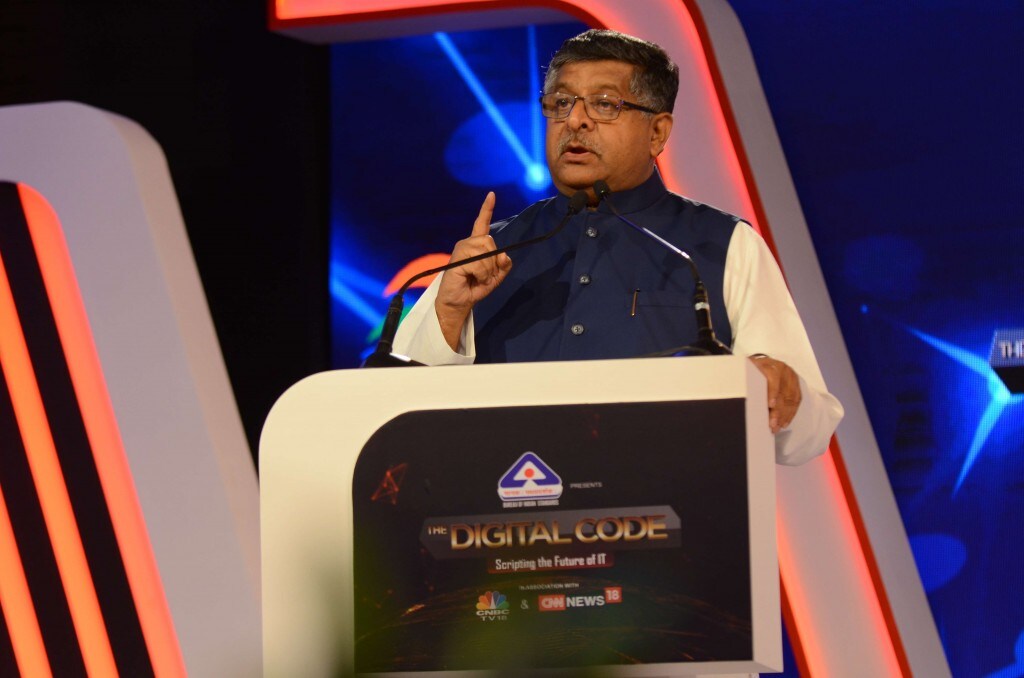 As the softwarisation of everything transforms our lives, standardisation also helps bridge the gap between the digital haves and have-nots, empowering the latter. “Standards should be such that they become the facilitator of digital inclusion and empowerment,” stated Ravi Shankar Prasad, Minister of Law & Justice and Electronics and Information Technology. And while the word ‘innovation’ isn’t something people typically associate with standardisation, they are essential to each other’s survival. In an engaging panel discussion, Saurabh Srivastava, who co-founded the Indian Angel Network, highlighted the importance of public APIs that encourage innovation by the private sector. Take, for instance, India’s transition into a cashless economy. Over 150 million transactions have taken place through the Unified Payments Interface (UPI) alone in the last 15 months, whereas the two decades leading up to that saw just 300 million cashless transactions. This number has continued to rise, as players like Google, WhatsApp and Facebook have rolled out innovations that build on the basic principle. Standardisation is also crucial for the success of autonomous technologies like the driverless car. Dr Alec Dorling, part of the ISO/IEC Software Engineering and Systems Engineering committee, opined, “The car now is not a vehicle. It’s an extended vehicle, working in a network, picking up signals from the road. Masses of data are being collected, and we’re turning into a service-based industry from the car.” Establishing a clear set of guidelines and standards in such scenarios also makes provisions for accountability in what could otherwise be considered ethical grey areas. In the unfortunate scenario that a self-driving car gets into an accident, standards will play a key role in determining the best course of action to deal with it. Accountability is also a growing concern in big data, parameters for the generation, storage and distribution of which are carefully laid down by national and international standards bodies. As Prof. Diwakar Vaish of the A-set Training & Research Institutes pointed out, standards are essential for making sense of the massive amounts of unstructured data generated by over a billion people. In addition to demystifying unstructured data, national & global guidelines also facilitate the safety, security and privacy of users. A task that is already a “daily battle” is only going to get more daunting as IoT becomes widespread, adds Raj Kumar Rishi, the Managing Director (India) of Xerox. 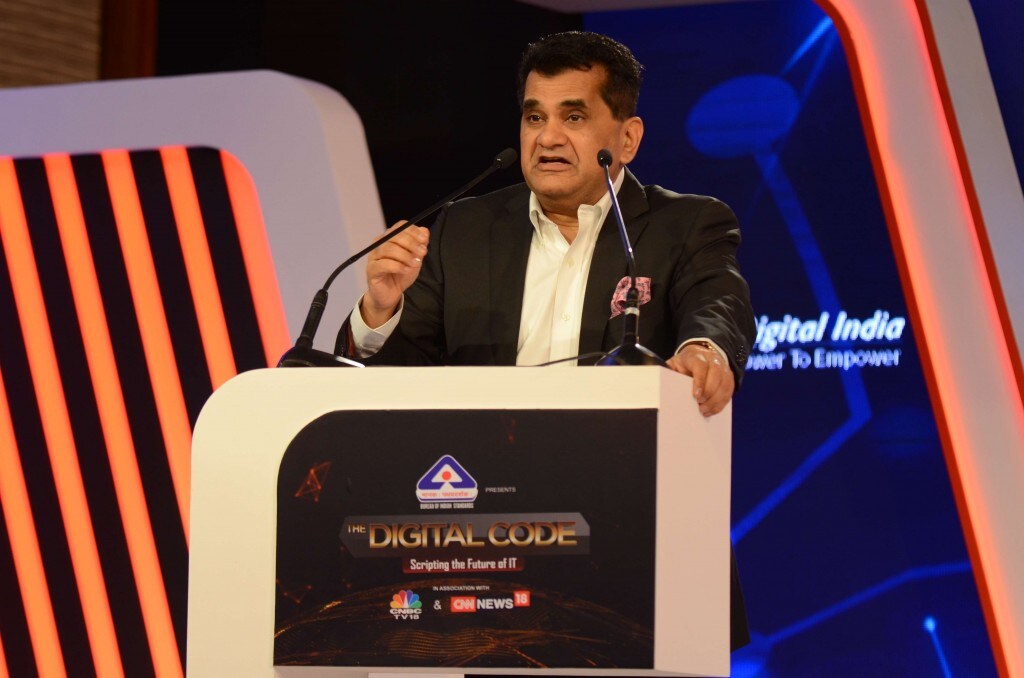 However, with a government that has put its weight behind making the internet safe, secure and available to all, this might just be easier than one imagines. In fact, NITI Aayog CEO Amitabh Kant stressed the importance of public-private partnerships in making India a data-rich country that leverages these insights to uplift its people. There’s no better example of a successful private-public partnership than India’s rise to becoming – in the words Quatrro BPO Solutions’ Raman Roy – “the software hub of the world”. Disruption by visionary entrepreneurs, the government’s push for digitisation and a national standards body that has worked tirelessly to give India equal footing on the global IT landscape have all contributed to India’s steady rise to the top. In fact, the very process of formulating standards has benefitted from the BIS’ open nature, which welcomes contributions from private organisations, individuals, academics, lawmakers and consumers. All these parties’ efforts are paying off every day, as we grow into a country where safety, innovation, inclusivity and connectivity co-exist in harmony. This is a partnered post.
These days, it seems as if the dawn of every new day is accompanied by the advent of a new technology. It’s not just you; the numbers back this up. In fact, it has been estimated that India will see a 31-fold growth of Internet of Things (IoT) technologies by the year 2020. And though that is an exciting prospect, it also poses a whole new set of challenges relating to digital equality, digital literacy and data security.
Advertisement
End of Article


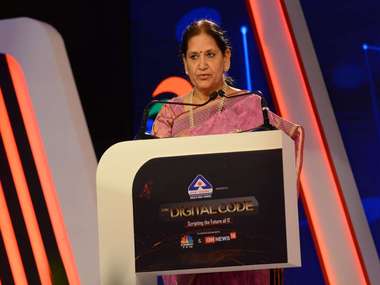)

)
)
)
)
)
)
)
)



